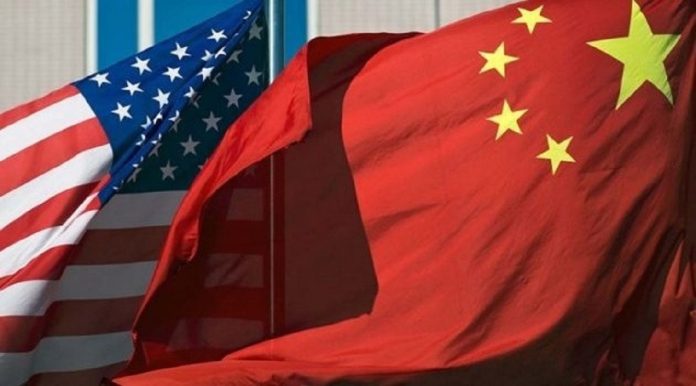Since April 9, the United States has officially imposed a duty of 104% on the import of Chinese goods. This was reported by Fox News correspondent in the White House Edward Lawrence on the social network X (former Twitter). The new duty was a response to China's refusal to cancel the mirror customs restrictions previously imposed in response to Washington's actions.
According to US officials, Beijing failed to comply with the US requirements for the abolition of mirror duties that restrict US exports. In this regard, the White House made a decision about harsh measures - a record increase in tariffs to 104%, which actually makes Chinese imports economically unprofitable for US companies and consumers.
This step is part of a broader US administration strategy aimed at reducing Chinese goods dependence, maintaining domestic production and protecting US interests in the context of exacerbation of geopolitical competition.
The US and China have been running a trade war since 2018, when Donald Trump's administration has started to impose duties on imports of Chinese goods for billions of dollars. In response, Beijing resorted to mirror measures, also leaving American goods duties.
Although, with the advent of the administration, Joe Baiden, the conflict has softened somewhat, key structural contradictions between the two economic giants remain. These include intellectual property, state subsidies to Chinese companies, technological control and market access rights.
The introduction of 104% of duties will certainly affect US importers and consumers. Many products that traditionally come from China - from electronics to home appliances - can increase sharply. Some companies are already looking for alternative markets, including Southeast Asia, India or Latin America.
In the short term, tariff increase can lead to inflation in the US market. At the same time, the White House expects that this step will be an incentive to return production within the US limits and reduce external dependence.
For China, new tariffs mean the loss of an important share of the US market, which is especially painful in the conditions of slowing the domestic economy and reducing exports.
The time of publication of the official response from the Chinese government did not receive, but experts do not exclude new measures. Beijing has repeatedly declared its readiness to protect the country's economic interests by all available methods, including restrictions on US companies access to the Chinese market, technology and investment counter -proceeds.


